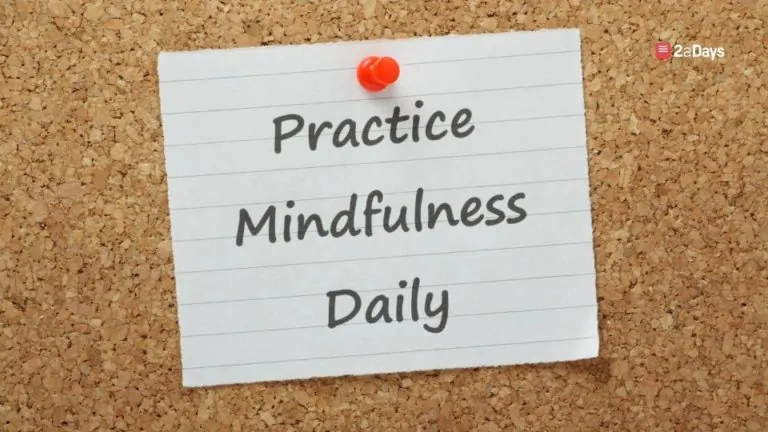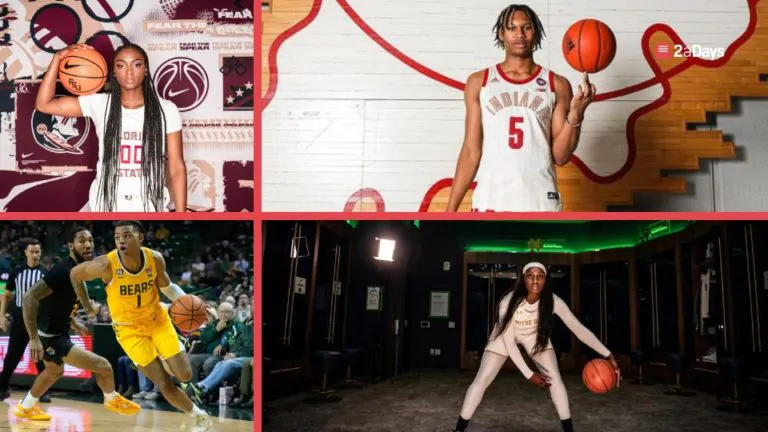Division I Distance Runner Anna Chiodo Ortiz Shares Advice
Collegiate athletes are undoubtedly some of the hardest working athletes there are. On top of harsh physical demands, the pressures of succeeding in athletics, as well as focusing on academics, athletes go through rigorous mental and emotional trials on a regular basis. The term “mental toughness” is often used to describe student-athletes. Still, too often, the subject of their mental health is overlooked and sometimes seen as a “taboo” topic amongst the athletes. Senior cross country and track & field runner Anna Chiodo Ortiz shares her experiences. She offers advice for others to work on mental health in addition to their physical wellbeing.
Where Does the Pressure Come From?
Along with the stress of academics, student-athletes feel pressure to perform physically day in and day out. As a runner, performance marks are crystal clear through race times each weekend. At each competition, Anna explains, “I feel pressure to perform as well or better than I have in the past.” Pressures also come from within the team as not everyone will make a travel roster, creating unavoidable feelings of direct comparisons between teammates.
Athletes are often perceived as strong, tough, and prepared to take hits and keep moving forward without skipping a beat. This can create a sense of embarrassment for athletes struggling with mental health issues. Anna reminds others that “it's okay not to be okay.”
Another huge issue in the world of competitive athletics, and specifically in distance running, is body image. Body image can have enormous effects on an individual's mental wellbeing. “With distance running, there is massive pressure to look a certain way….The stereotypical distance runner is skinny; let's be real,” Anna claims. “I think some athletes often feel pressured to match that ‘look' of their sport.” Anna believes that the root of a good amount of mental health issues is low self-esteem and a lack of self-love. These crucial things are often cut down as a result of comparison and poor performances that are an inevitable part of being a college athlete.
How do we Improve our Mental Health?
Anna encourages those looking to improve their mental wellbeing to focus on self-love. “Self-love is CRUCIAL. If you love yourself, I truly believe you can move on to living your best life, feeling fulfilled, and performing to your ultimate potential.” Although it sounds simple, it's often not as easy as it seems. When you're struggling, it's essential to reach out for help. Even within the college athletics community, there are tons of others going through the same difficulties. Teammates, coaches, and staff are all on your team and willing to help.
For serious mental struggles, professional help can be an excellent resource to utilize. The confidential and comfortable atmosphere is a great place to speak candidly about your issues and receive expert advice. However, there are plenty of coping mechanisms to use on your own as well. Anna suggests “exercising, getting outside, making lists, journaling, and calling loved ones,” which has all proven to be helpful to her.
It's all pretty dependent upon the person, and nothing will make your feelings go away completely. Still, there are definitely things you can do to help yourself get through them. I think the first step is acknowledging your struggles and then seeking help as soon as possible.
Being an athlete and a part of a team also has enormous benefits in terms of mental health. Your sport can be used as an outlet for stress, and having practice each day helps provide structure. Anna points out that often, being a part of an athletic team can significantly help time management, sleep, and nutrition become a priority for students. “It also can provide a sense of community, for sure.” Being an athlete also comes with added resources when you need help. Coaches, captains, trainers, and staff are all there you for and willing to help.
Looking Out for Friends and Teammates
The most important thing you can do for your teammates is to simply be there for them. Ask how your friend is doing, ask them to hang out or to do homework with you, this can go a long way. If professional help is needed, reassure them that whatever they are going through, it is nothing to be ashamed of. Anna suggests, “If they need, maybe walk with them to the counseling center, so they don't feel as alone or out of place.”
Another important thing to look out for is the language you use. Certain words can be a trigger, so Anna urges others to “Pay attention to the things you are saying surrounding mental health issues. You never know when someone will take that offensively or seriously. How you throw around the words depressed, anxiety, or suicide might be a trigger to some people. You never know who is having a hard time on the inside and how your words could affect them.”
Mental health is an extremely important topic for student-athletes, and it's critical to become educated and prepared to cope with difficulties.
Always be kind and supportive…do what you love, and love what you do.
Resources
Counseling centers
Mental health clubs on campus
Nutritionists
RA's
Professors
National Suicide Prevention Hotline – 24 hours a day. Online chat, or call 1-800-273-8255.
* Originally published on February 7, 2019, by Laura Papili







